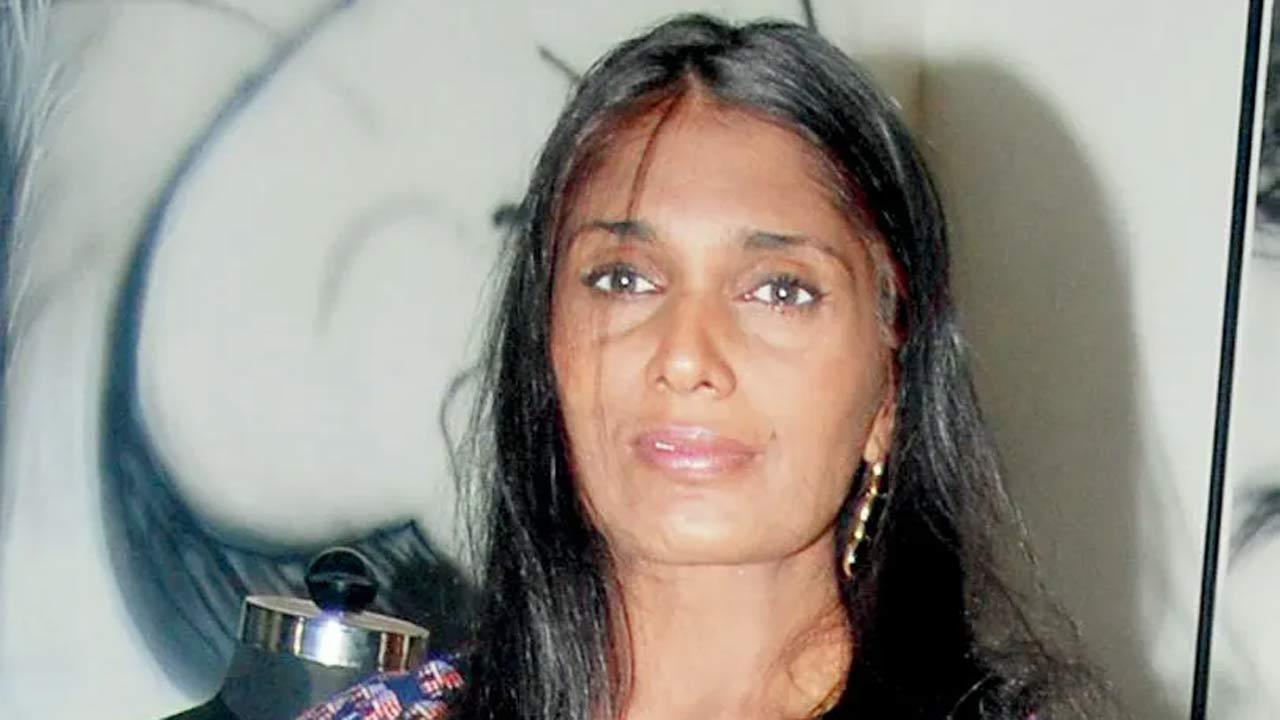
In the 1990s, actress Anu Aggarwal captured the hearts of millions with her stunning performances, especially in the iconic musical romantic drama “Aashiqui” directed by Mahesh Bhatt. Her journey to stardom was meteoric, but it was also fraught with some surprising, and often troubling, industry practices that she recently brought to light.
Anu Aggarwal recently sat down for an intimate conversation with Lehren, shared on Instagram, where she made an unexpected revelation about the filmmaking culture she encountered during her peak years. Her reflections offer a raw glimpse into a side of the Bollywood industry that many might find shocking.
Aggarwal disclosed, “I was taken aback to find out how many filmmakers would approach me to sign a film without even having a script ready. They would come with the finance all sorted, but that wasn’t enough for me. I would tell them that I wanted to understand the script first.”
The actress explained that such occurrences were not isolated incidents but rather a consistent pattern she observed. “They would say, ‘The script will be made, so just sign now,’” she added. “As an actor, I needed to know about my role and the story, to understand what contribution I would make to the film’s narrative. Shockingly, 98 percent of filmmakers approaching me didn’t have a script ready.”
Anu Aggarwal’s rise to fame came largely thanks to “Aashiqui,” which became a landmark in Bollywood history. The film starred her alongside Rahul Roy and Deepak Tijori and was celebrated not just for its narrative but for its unforgettable music. The compositions by the duo Nadeem–Shravan were pivotal in establishing their careers and captured the mood of an entire generation. The soundtrack album was hailed so highly that Planet Bollywood ranked it fourth in their “100 Greatest Bollywood Soundtracks,” cementing its legendary status.
This cultural phenomenon had a lasting impact, leading to its remaking in Kannada as “Roja” in 2002.
. Further testament to its timeless appeal was the release of a sequel, “Aashiqui 2,” directed by Mohit Suri, in 2013. This sequel starred Aditya Roy Kapur and Shraddha Kapoor and brought a fresh narrative to the iconic brand.
Despite Aggarwal’s success and undeniable talent, her career was often shadowed by the lack of professionalism she encountered. Her frustrations stemmed from her genuine commitment to the craft of acting and the importance she placed on understanding and preparing for her roles. The habitual lack of scripts made the selection process particularly challenging for her, but she remained steadfast in her principles, prioritizing the narrative over monetary gain.
Aggarwal also starred in other notable films such as “King Uncle,” which added to her repertoire of varied roles and her growing popularity. Yet, the common issue of the missing script seemed to be a recurring theme throughout her meetings with filmmakers.
The actress’s candid reflection serves as a rare and insightful critique of Bollywood’s less discussed facets. Her narrative underscores a period in Indian cinema where financial considerations often overshadowed artistic integrity. Her insistence on understanding the script highlights a profound respect for storytelling and the role of the actor within it.
The success of “Aashiqui,” both in its original and sequel forms, alongside its soundtrack’s monumental acclaim, contrasts starkly with the behind-the-scenes realities Aggarwal faced. The dedication she showed to her roles, despite these challenges, speaks volumes about her professionalism and commitment to the art of cinema.
This story originated from a syndicated feed, and while Mid-day accepts no responsibility for its accuracy or reliability, it brings to the forefront a significant narrative about Anu Aggarwal’s experiences and the broader practices within Bollywood during her era of prominence.
As we reflect on Aggarwal’s revelations, it is crucial to consider how these practices might have evolved in contemporary times and what steps the industry has taken to ensure a more script-driven approach in filmmaking.
Aggarwal’s openness not only paints a vivid picture of the industry’s past but also serves as a conversation starter about necessary changes and the importance of creative integrity in the world of cinema.












